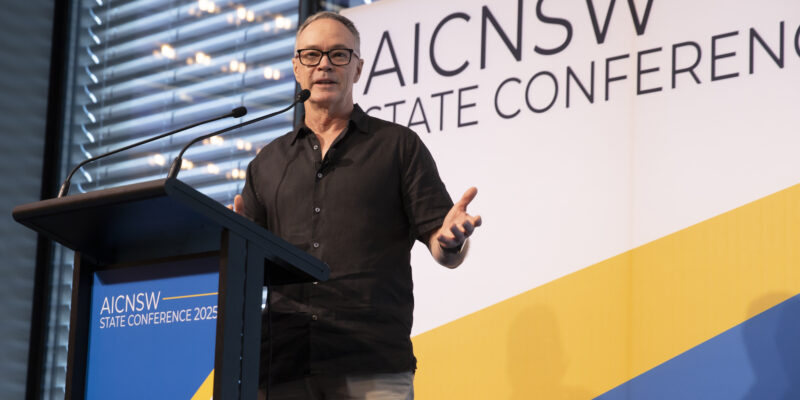Financial crime expert flags cash transactions as ‘biggest risk’ under new AML-CTF laws
A leading financial crime risk and compliance expert says conveyancers need to keep a close eye on non-mortgage property transactions under new AML/CTF compliance laws.

HIGH value cash transactions represent a critical risk conveyancers must assess under Australia’s looming anti-money laundering and counter-terrorism financing (AML/CTF) laws, a leading financial crime risk and compliance expert said.
The so-called tranche 2 AML/CTF regime applying to conveyancers, real estate agents, buyers’ agents, developers and lawyers takes effect from July 2026, in what is the biggest regulatory shake-up to hit the nation’s conveyancing industry in decades.
Under the revamp, conveyancers will need to register with financial crime regulator AUSTRAC, conduct due diligence on clients, note large cash transactions, keep records and report suspicious activity. The reforms bring Australia into line with standards adopted by around 200 jurisdictions globally.
Richard Storey, a risk consulting partner from Grant Thornton Australia, said legislators were trying to fill a regulatory gap with the reforms in the area of cash real estate purchases.
“There is a gap. The gap is particularly around the transfer of a high value asset that doesn’t involve third parties – it’s a cash purchase,” Storey told the AIC NSW state conference.
“That’s probably the biggest risk where there’s a non-mortgage purchase of a piece of property between two individuals.”
Ahead of the regime coming into effect, Storey said conveyancers needed to ready themselves to make reports on suspicious matters to AUSTRAC.
Under the laws, conveyancers must understand the source of their client’s wealth and to report suspicious financial matters to the regulator, which has said it will not hesitate to pursue non-compliant industry players.
“This is really what AUSTRAC wants from most reporting entities” Storey said. “What they want to know is when you something that doesn’t seem right they want to know about it, they want to understand what is going on in the community that is suspicious, so the responsibility there is to simply let them know”.
“If you feel that you need to go through with a transaction and you need to keep working with a client for whatever reason, but you think there is something suspicious, you don’t tell the client that, you don’t tell anyone else that, you submit a suspicious matter report.”
He said “AUSTRAC takes that detail and they then roll it up with a whole bunch of other data” including data from around 17,000 reporting entities like lawyers and accountants.
Storey reassured conveyancers about reporting their worries on clients to AUSTRAC.
“It won’t be obvious that you’ve done it. You won’t be telling the client, you won’t be telling anybody else you’ve done it, but you will have an obligation to tell AUSTRAC,” he said.
“It’s an online report that’s very easy to do. It might take five or ten minutes to do but it is five or ten minutes worthwhile doing.”
The comments come after industry research found up to 78 per cent of property professionals believed they were not ready for the changes.
It found while most practitioners welcomed the new regime, almost 70 per cent were concerned about its complexity and cost.
In December, AUSTRRAC is set to publish sector-specific guidance for new tranche 2 entities, including conveyancers, before enrolment for tranche 2 opens in March 2026.






